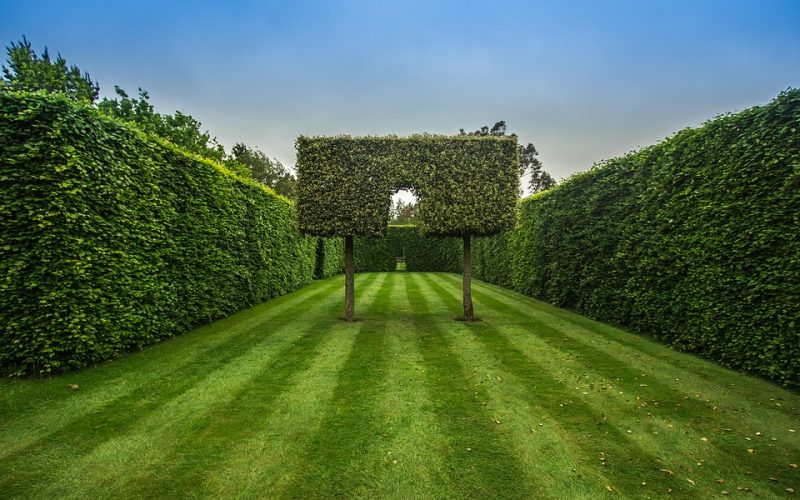The Elevation of Landscaping
Modern science has changed more than one career definition and elevated it to a graduate career. Landscaping careers are beginning to experience this phenomenon. What used to be considered an entry level job for nearly anyone is now considered a graduate career that requires a degree. Mowing the lawn and trimming the hedges are only part of the knowledge a modern landscaper is required to have at their disposal. Formal education is a must for anything more than a part time job in this field.
As science has expanded man's understanding of the environment, landscaping has continued to change. No longer is it enough to plant grass seed and hedges and watch them grow with regular trimming. Modern lawns must absorb rainwater to limit the amount of runoff from properties. They must also fit into the local environment without requiring excessive watering or fertilizing. Paving options have been changed as local communities use science to tighten restriction on how land is managed.
A career in landscaping requires a wide variety of agricultural knowledge. It is no longer acceptable to plant lawns and ornamental hedges that do not fit into the local biosphere. Knowledge of plants that will survive without excessive watering or fertilizer is an important aspect of modern landscaping. Limiting the cost of outdoor plant maintenance must be done to satisfy environmental laws that are continually being upgraded.
Patios, driveways and walking paths are beginning to be restricted in the types of materials used. Modern landscapers must understand the differences between permeable paving and porous paving. These must be used by landscapers in gardens and around buildings to satisfy environmental SUDS compliant requirements in modern communities. Learning this information takes a great deal of discipline and is often only taught through advanced learning institutions that confer agricultural degrees.




